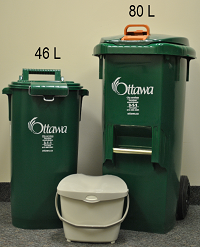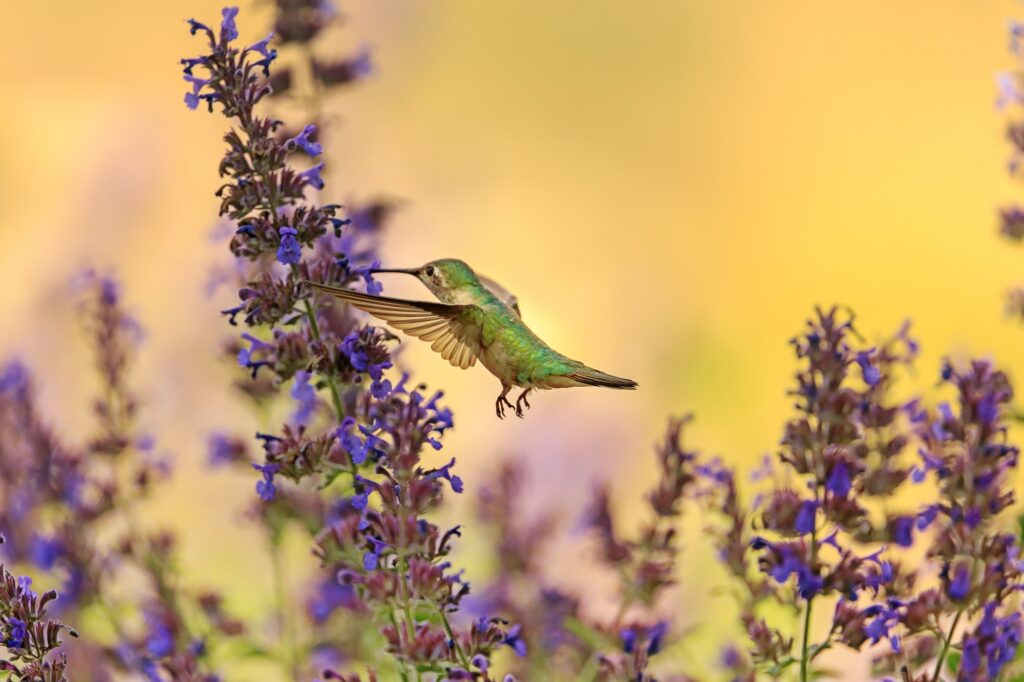







Dog Walkathon a Success!
Thank you to everyone who came out for our 4th annual Dog Walkathon on April 30th to raise funds for the Canadian Cancer Society! We surpassed our goal and raised over $1,700! Thanks to Trinity Physio and Barber Stop for their generous donations.

Tick Bite Prevention
As we start to spend more time outside in the warmer months, it’s important to protect ourselves from ticks. Ticks are usually in areas with shade and humidity like: the woods, shrubby areas, areas with long grass or leaf litter.
There are lots of steps we can take to make it less likely we will pick up ticks when out enjoying our outdoor spaces – wearing long clothes so that skin is covered, wearing insect repellant with DEET on exposed skin, and staying on trails. The second part of staying safe is to do a tick check when arriving home and to remove any ticks you find as soon as possible.
You can find more details here: https://www.parentinginottawa.ca/en/youth/mosquito-and-tick-bites.aspx

Green Bin Tips for Spring and Summer
Just because the warmer months are coming, it doesn’t mean that your green bin has to be a stinky, bug-filled mess or that the only answer is to (gasp!) stop using it. Here are some tips from the City of Ottawa – you can find more here: https://ottawa.ca/en/garbage-and-recycling/green-bin-and-leaf-and-yard-waste
Keep it clean
- Line your green bin with flyers, newspaper or yard waste paper bags to help keep it clean.
- Reuse a plastic bag such as: bread bags, milk bags, grocery and retail bags etc., for bagging organic waste
- Rinse your green bin with a garden hose from time to time, especially if you don’t line your bin with paper.
- Rinse your green bin with lemon juice, vinegar or baking soda to reduce odours and keep bugs out.
- Spray your green bin with cooking oil in the winter to minimize risk of items freezing to the bin and ensure easy removal of waste.
- Keeping your meat or fish scraps in the freezer until collection day helps reduce odours.
Keep animals and bugs away
- Keep your green bin away from fences and deck railings so that animals can’t get into it.
- If you do place your bin near a fence or deck railing, secure it with a bungee cord so it doesn’t get knocked over.
- Sprinkling a strong-smelling biodegradable repellent such as vinegar or detergent on your green bin helps keep pests away.
- Remember to lock the lid to keep animals out of your green bin.
- Capture fruit flies with a bowl of vinegar covered with plastic wrap with several small holes in it. Empty as required.
- Put salt or vinegar on maggots to kill them. If maggots appear in the green bin, a fly has laid eggs on some exposed food waste.
- Peppermint oil, cayenne pepper, chili pepper or hot sauce can act as anti-gnawing repellents and help deter animals from taking an interest in your green bin.

Public Engagement – Have Your Say
The City of Ottawa created Engage Ottawa www.engage.ottawa.ca as a way to make it simple for residents to share their thoughts on various projects, initiatives, and policies that affect everyone.
You can register, and then submit your feedback. You can sign up for alerts so that you don’t miss out on opportunities. Currently, the following opportunities are available:
- Solid Waste Master Plan – survey open until May 8, 2022 – https://engage.ottawa.ca/solid-waste-master-plan

Ways to Green Your Yard and Gardens
It’s almost time to start yard clean up and some avid gardeners are probably already planning out their gardens for 2022. Have you considered ways to make your yard and garden more environmentally friendly? Here are some possibilities that might work for you.
- Participate in “No Mow May” – an initiative supported by the Nature Conservancy of Canada and Greenpeace. Why? Leaving your lawn and gardens to come back to life until the end of May improves biodiversity and gives insects and their food supplies (like dandelions) a chance to get a foothold early in the spring. Check out this article, with a link to some Canadian research studies: https://www.greenpeace.org/canada/en/story/48371/the-no-mow-may-challenge-is-on/. Global News has an article and video sharing the Nature Conservancy of Canada’s call out: https://globalnews.ca/news/7847490/no-mow-may-campaign-biodiversity/.
- Naturalize your lawn and plant native species – if you aren’t sold on converting your entire lawn to a naturalized area, you could start with a small area and slowly grow it every year. Native species will use less water and need less maintenance than lawns. Read more here (or watch the animated video): https://www.canada.ca/en/environment-climate-change/services/nature-legacy/activities/protect-biodiversity-from-home.html
- CBC’s 5 ways to increase biodiversity in your backyard – this short 2-minute video gives many tips on what you can do: https://www.cbc.ca/player/play/2021906499760
- Biodiv Canada’s Tips to “Transform your yard into critical habitat” – as we continue to lose habitat for birds, bugs and wildlife, our yards can provide crucial spaces in our neighbourhoods. Check out this long list of tips, and choose the ones that work for you: https://biodivcanada.chm-cbd.net/biodiversity-your-backyard

